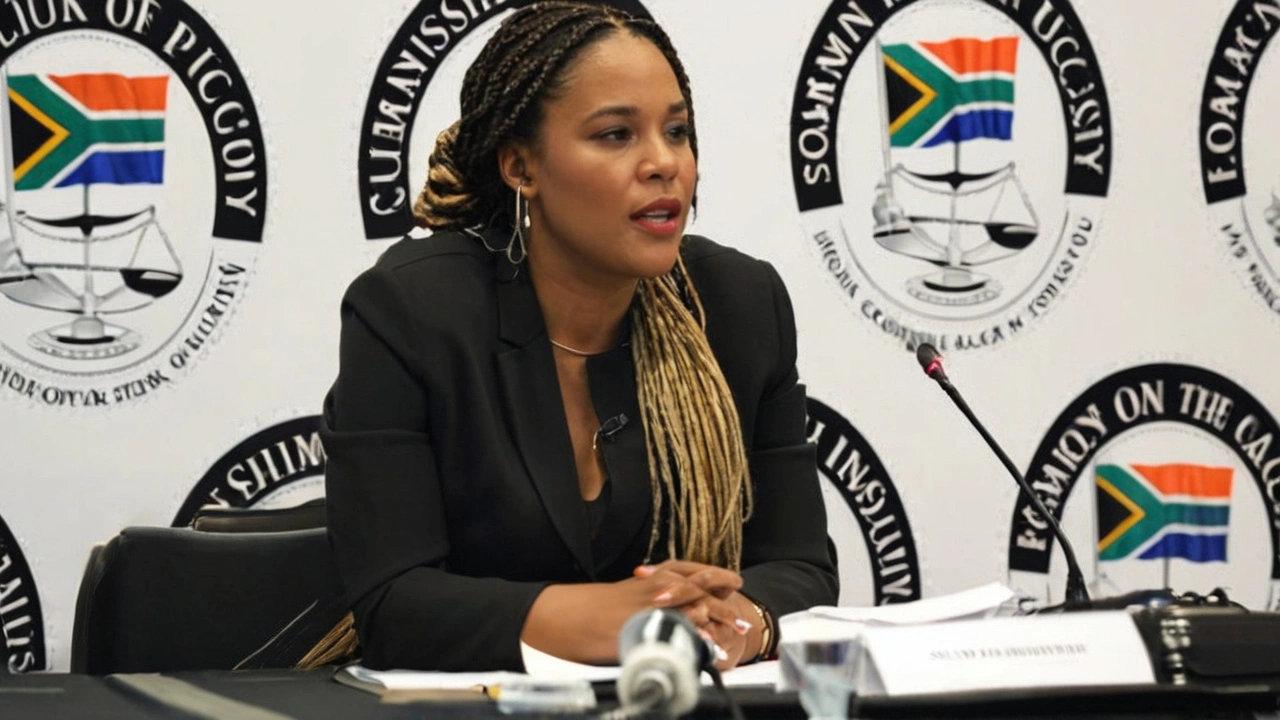Asbestos Scandal – What’s Happening Across Africa
If you’ve heard about an "asbestos scandal" lately, you’re not alone. Communities from South Africa to Nigeria are waking up to dangerous asbestos exposure that has been hidden for years. The story isn’t just about old mines; it’s about current construction sites, schools, and even homes where the fibers are still in the air.
Why should you care? Asbestos can cause lung disease, mesothelioma, and other serious health problems. Those illnesses often show up decades after exposure, so a hidden problem today could become a public health disaster tomorrow. That’s why staying informed is the first step to keeping yourself and your family safe.
The Roots of the Crisis
Most asbestos in Africa comes from a handful of big mining companies that started operations in the mid‑20th century. They marketed the material as fire‑proof and cheap, and governments quickly adopted it for public buildings. Over time, safety standards slipped, workers weren’t given proper masks, and waste was dumped near villages.
Recent investigations have uncovered contracts where companies paid off local officials to ignore safety checks. Whistleblowers say they were threatened when they tried to speak out. In some cases, entire towns were built on former asbestos dump sites without any cleanup.
The fallout is now visible: rising cancer rates in mining regions, legal battles over compensation, and protests demanding a total ban on asbestos products. Courts in South Africa have started awarding damages, but the process is slow and many victims never see a settlement.
What You Can Do Now
If you think your home or workplace might contain asbestos, don’t panic—but do act. First, look for any old insulation material that looks fibrous and grey‑white. Avoid touching it; disturbing the fibers can release them into the air.
Second, get a professional inspection. Many NGOs offer low‑cost testing in high‑risk areas, and some governments have hotlines you can call for advice. A certified tester will take samples safely and tell you if removal is needed.
Third, stay on top of your health checks. If you’ve worked in construction, mining, or any industry that used asbestos, ask your doctor for regular lung screenings. Early detection of related diseases can improve treatment outcomes.
Finally, join the conversation. Share reliable news articles, sign petitions calling for stricter regulations, and support local groups fighting for clean‑up projects. The more people speak up, the harder it is for companies to hide their mistakes.
The asbestos scandal isn’t just a headline; it’s a real threat affecting millions across Africa. By knowing the history, watching out for warning signs, and pushing for accountability, you can help turn this crisis into a story of change.

Extradition of Ace Magashule's Assistant Signals Major Turn in R255 Million Asbestos Scandal Case
Aug 9, 2024 / 12 Comments
Two months after a US court approved the extradition of Moroadi Cholota, personal assistant to former Premier Ace Magashule, she is set to arrive in South Africa. This development is a critical step in the R255 million asbestos corruption scandal case involving the Free State Department of Human Settlement.
READ MORERECENT POSTS
- Tinubu Declares End to Petrol Subsidy and Multiple FX Rates: A New Dawn for Nigeria's Economy
- Can Amad Diallo and Amorim Transform Manchester United's Struggling Attack?
- Reflecting on One Year of Conflict: Israel's Ongoing War on Gaza and Its Global Repercussions
- Chelsea clinches inaugural expanded FIFA Club World Cup 2025 with 3-0 win over PSG
- Tinubu's Upcoming Decision on New Minimum Wage to Address Nigeria's Economic Hardships
